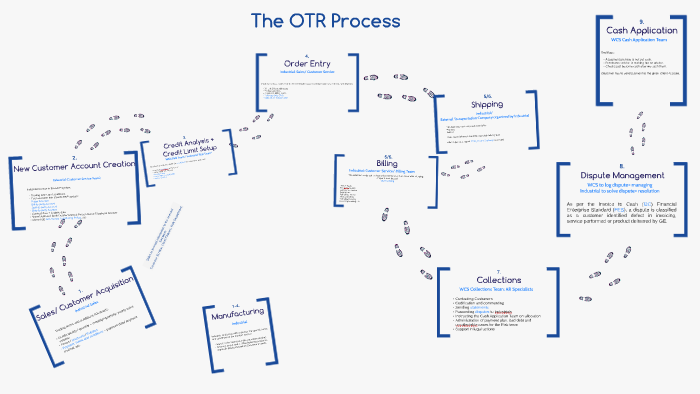Navigating through tax debt with the IRS can lead to a collections process. The tax experts at Optima Tax Relief review what you can expect from the IRS’ efforts to collect on your outstanding tax debt.
Each tax season, millions of Americans look forward to the day they receive their much anticipated refund check from the IRS. But for just as many taxpayers, the end of tax season simply marks the beginning of a very different kind of journey – navigating their way through the IRS collection process. The tax experts at Optima Tax Relief reviews the IRS’ collection process so that taxpayers can understand what to expect along the way to rectifying their outstanding tax debt with the IRS.
When does the IRS’s Collection Process Begin?
For all taxpayers who do not pay their total due tax balance in full when their return is filed, the IRS will mail you an invoice that confirms the total amount owed. This document is the official start of the collection process, or the IRS’ attempts to collect any and all outstanding debt from the delinquent taxpayer. The collection process is not deemed over until the balance is either paid or the debt expires.
Do I have to pay interest or additional fees on top of what I already owe?
The straight answer is yes. Your unpaid balance is subject to daily compounding interest, as well as monthly late payment penalties. These can certainly add up quickly, and make rectifying your IRS even more difficult as the total amount due continues to rise. That’s why it is always prudent to pay off your tax debt to the IRS as quickly and expeditiously as possible, in order to mitigate the total amount due from rising.
What if I can’t pay it all in full?
The most important thing you can do is to be proactive. Contact the IRS to see if you can qualify for any of the tools they offer to help manage taxpayer outstanding debt. The IRS may offer you the option of an installment agreement, and even offer you additional incentives for enabling features such as autopay or direct debt to manage your monthly payments.
The IRS may even work with you to establish a partial payment agreement or an offer in compromise (OIC), as well as alternative arrangements for households that qualify.
What if I just ignore the debt?
The IRS can implement some very serious consequences as part of their debt collection process. These include but are not limited to:
- Filing a Notice of Federal Tax Lien
- Serving a Notice of Levy
- Seizure of assets such as wages, bank accounts, social security benefits, and retirement income.
- Seizure of property
- Seizure of tax refunds to offset the outstanding debt
For more information about making payments, online payment agreements, and offers in compromise, visit the IRS’ Payments page.
